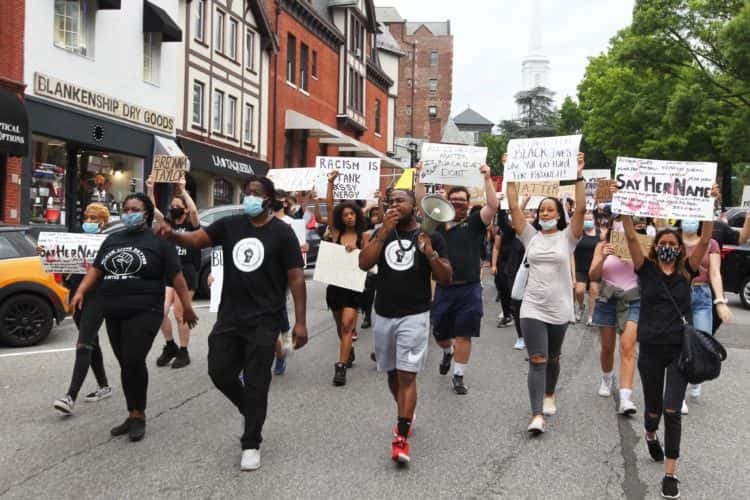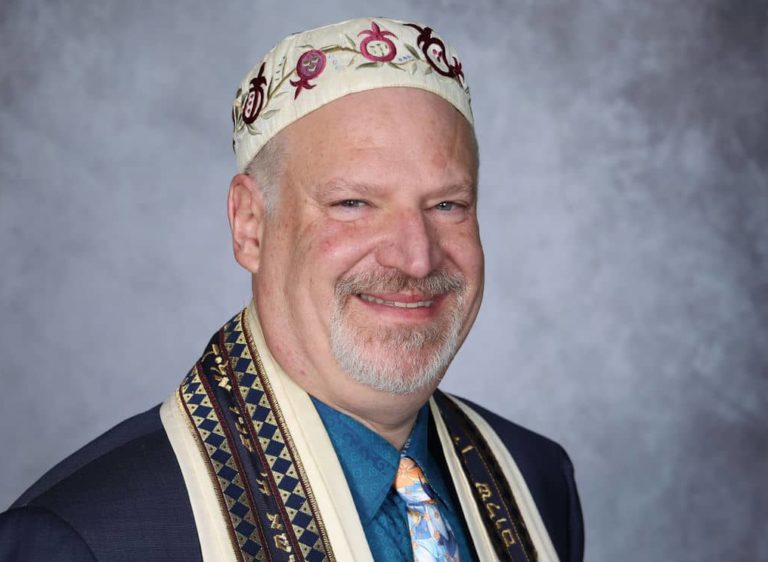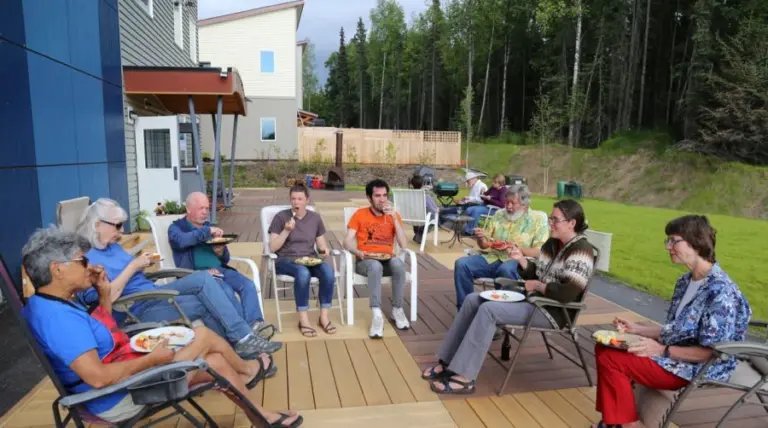
By Foster Steinbeck
Approximately 100 protesters peacefully marched down Greenwich Avenue on Saturday to raise awareness about systemic racism in Greenwich. With their loud chants and signs, the event’s lead organizers sought to make the bystanders in the affluent area uncomfortable with the existence of Black peoples’ struggles in the area, saying such struggles are overlooked and normalized.
The event drew the attention of several eating and standing bystanders. A minority of them raised their fist or clapped their hands in solidarity.
The event was organized by the local social justice group Justice for Brunch. Unlike marches before, organizers did not stop at the Greenwich Police Department building, saying their problems are with the entirety of the town— not solely with its police. Greenwich High School Alumnus and J4B Organizer Tim Frazier said Greenwich is unaware of systemic injustices due to its privilege.
“They have no idea what’s going on, and if they do, they don’t care,” Frazier said. “We are here to disrupt, not to destruct. But in no way will we go quietly into the night. We are going to be as loud as possible.”
The march started at Greenwich Town Hall and later stopped at the Island Beach Ferry parking lot, where organizers arranged for a near-dozen speaker to address the crowd. The speakers touched on several topics, from white privilege to personal experiences of racism in Greenwich to police brutality.
Dre Lamont said racism, although sometimes casual, is institutionalized in America and requires people to call it out spur change. “I want to shed light on the reason why we are protesting today. I want to stress that our fight is not white versus blacks … Our fight is not black versus cops. It’s everyone versus racism everywhere,” Lamont said.
Greenwich resident Sebastian Bouknight, who attended the march, appreciated hearing all of the speakers’ experience, saying such conversations seldom occurred when he attended high school in the area.
“I think a lot of white people are ignorant of the fact that racism is even a thing. If you’re not subject to it, it’s very easy to ignore the fact that it exists,” Bouknight said.
Speaking on the importance of knowing all of America’s history, Brianna Green also demanded Greenwich Public Schools commit to teaching black history from kindergarten to 12th grade, hire more black teachers and administrators, implemented mandatory race training for teachers and make ethnic studies a graduation requirement at the high school.
“The people of Greenwich, you have a voice too. You will complain about your kids getting into private schools and fight for them to be the best, so, for once, fight for us,” Green said.
Andrés García also spoke to the crowd, where he similarly asked white people to become more engaged in the fight for racial justice, calling them to become angry in light of the injustices facing Black people.
Directly quoting Dr. Martin Luther King Jr.’s Letter from the Birmingham Jail, García said the biggest roadblock the racial justice are the white moderates who “are more dedicated to ‘order’ than justice.”
“I need you to be angry because I’m tired,” García said. “I’m tired of seeing black bodies on News 12. I’m tired of marching for the most basic consideration of humanity … Most of all, I’m tired of trying to convince you that this is your fight too. White supremacy will have you convinced that not only is this not your problem, but that no problem exists.
Towards the end of the event, J4B organizer Nicole Rincon spoke to the crowd about the importance of sustaining the fight for racial justice, saying protesting alone isn’t enough to cause systemic change.
Rincon called on the audience to speak out against racist speech and actions in their lives when they see it, such as hearing white people say racial slurs while singing hip-hop songs, as a part of the broader effort to combat systemic racism.
“And let me tell you, we are all still fighting. I don’t care if we’re not trending anymore. I don’t care if we don’t have 100 people here,” Rincon said. “We’re going to put in the work. We’re going to make sure this movement continues because unless systemic racism is dismantled, we’re not gonna stop.”




